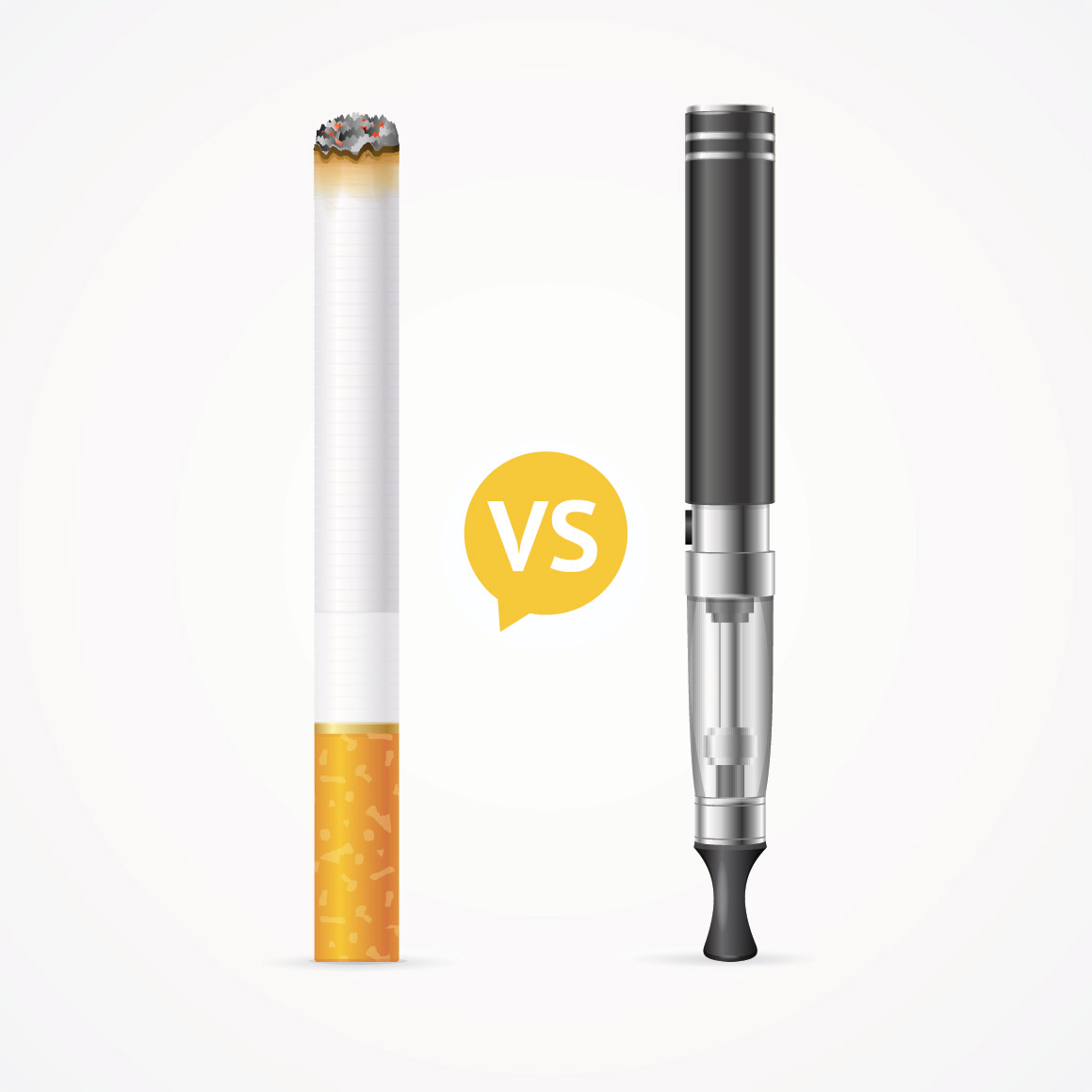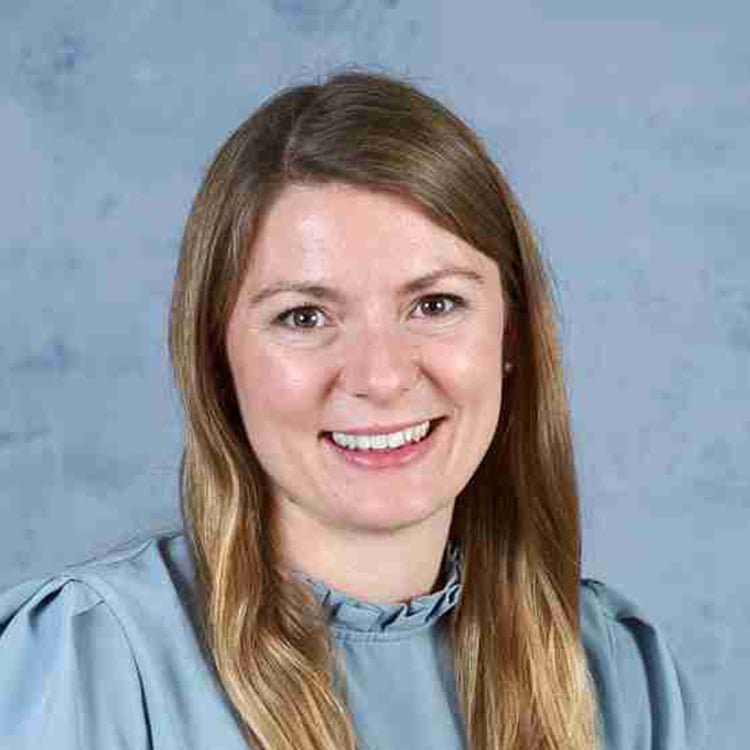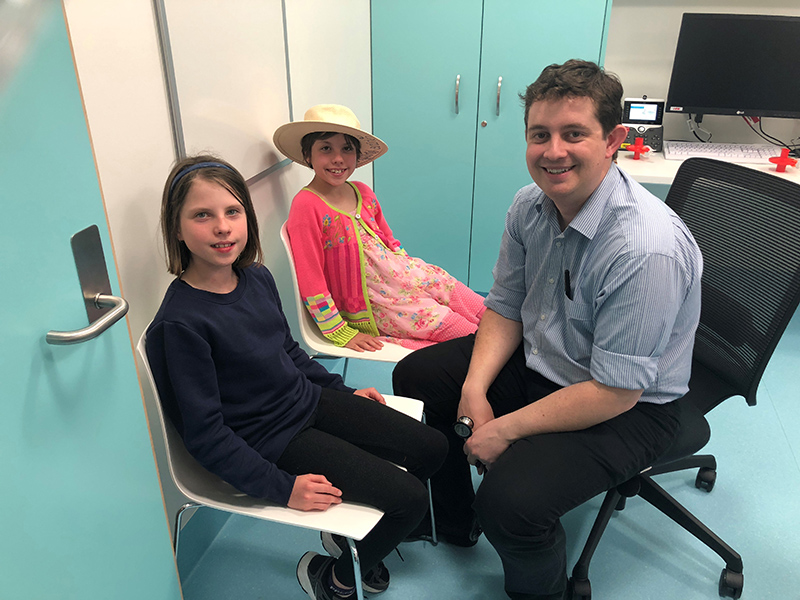Search

A study led by researchers at The Kids Research Institute Australia has shown that electronic cigarettes can cause lung damage.

Program Manager

The Kids Research Institute Australia researchers are investigating whether a simple urine test could predict whether young children with wheezing symptoms will go on to develop asthma.
In school-aged children with cystic fibrosis (CF) structural lung damage assessed using chest CT is associated with abnormal ventilation distribution.
Few clinical respiratory laboratories have assessed the impact of changing reference equations on the interpretation of spirometric outcomes.
Better understanding of evolution of lung function in infants with cystic fibrosis...
We screened for risk factors from children's and their families' histories, and assessed the usefulness of common markers of allergic sensitisation of the...
We hypothesized that the presence of these markers of cystic fibrosis lung disease in the first 2 years of life would be associated with reduced lung...
The application of the systematic review improved inter-observer agreement but did not affect reported multiple breath washout outcomes
The ANZSRS recommends the adoption of the Global Lung Function Initiative (GLI) 2012 spirometry reference values throughout Australia and New Zealand
